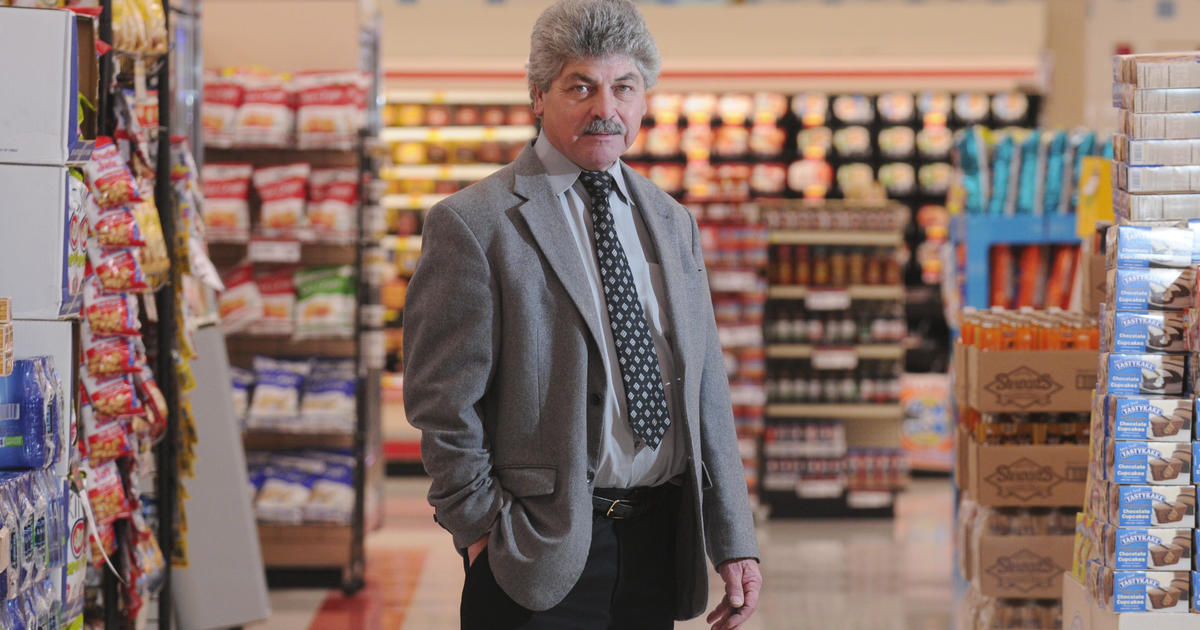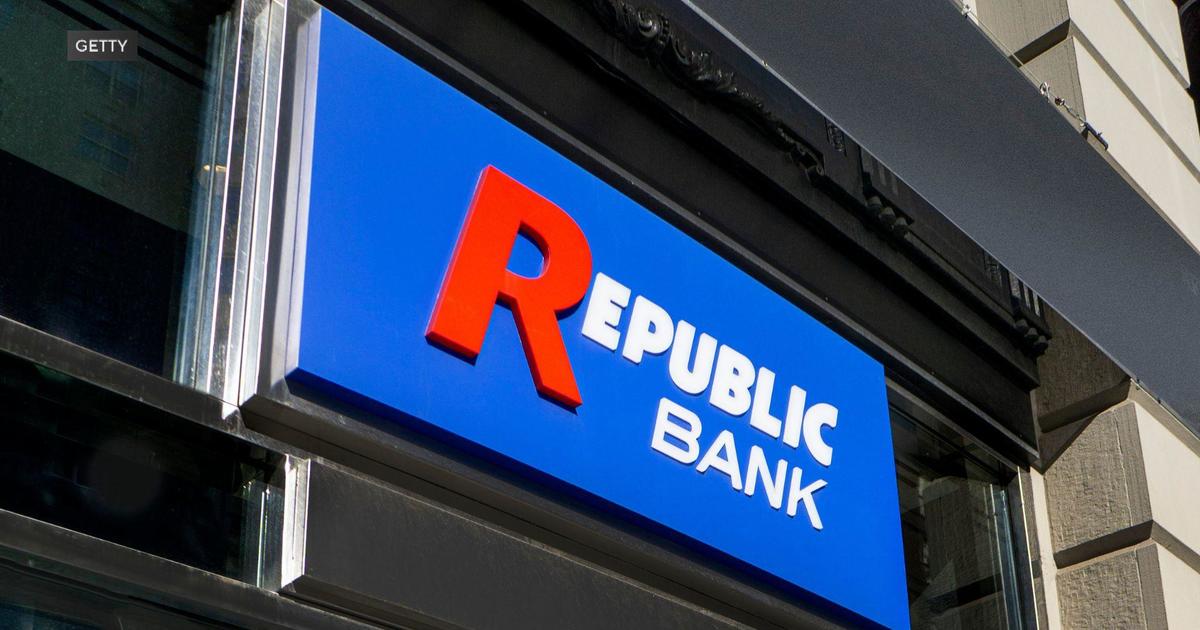"Greedflation" costing Pa. families thousands each year, Sen. Bob Casey says
PHILADELPHIA (CBS) -- Companies are making more money as American shoppers pay more thanks to inflation.
In 2022, major U.S. corporations had their best year since 1950, despite the highest inflation in 40 years.
Some leaders including Democratic Pennsylvania Sen. Bob Casey have argued corporations are "us[ing] inflation as cover to raise prices and increase their own profits.
Casey, leaders from community groups including Esperanza, and a local economist spoke on a panel discussing how rising prices are affecting families.
READ MORE: Pa. Sen. Bob Casey's "greedflation" report exposes consumer price gouging
Casey posted about his most recent greedflation report on X Thursday night. "Shrinkflation" is also part of the problem, he said.
Shrinkflation is when a company reduces the size of a product, like ounces in a cereal box or a drink bottle while keeping the product in the same process. Consumers end up paying the same price for less value.
Casey says the average Pennsylvania family paid $3,194 in 2021 and $3,546 extra in 2022 toward "greedflation."
One of the most affected and impactful changes is high increases in the price of food, the panelists said.
Rev. Luis Cortes Jr., CEO of Esperanza, gave an example about buying an iPhone - if you can't afford a brand new one, you can probably find a used one for cheaper, or do without. Food and "life staples" like tissues and toiletries are not the same, he said.
"Juice, meat, tissue paper, cleaning supplies, it's difficult to do without these. It's difficult to just pick another one if they're all gouging you," Cortes said.
"If you are a consumer of life staples, you are paying far beyond what inflation says you should be paying. We have created record profits for companies, unfortunately at the expense of rising hunger and the working class. We now have to choose which meals we're going to skip and which meals are going to not be healthy," Cortes added.
Casey said the data showing the spike in profits is in his reports.
"This isn't just like a theory or a point of view," Casey said. "The rise of corporate profits has led to higher prices at the grocery store, and in other contexts...but I think most people see it at the grocery store."
Between 2020 and 2022, corporate profits went up 75%.
"And yet, some of those same big companies, when their corporate profits were going up, and they were jacking up their prices, were pointing a finger at inflation, saying 'oh, this is terrible, we have to do this because of inflation.' No they didn't...their costs weren't going up at that level." Casey said.
Prices of bacon and pork chops and other meats increased by nearly 30% and the price of boneless chicken has risen 38% since January 2020, double the overall inflation of 19% since then.
Some companies may have raised prices, while others have offered fewer products for the same price - or done both.
"When the amount in the container or the bag gets smaller, that's shrinkflation, they're ripping you off, and we should just say it plainly like that," said Casey.
The senator added the six-month child tax credit in 2021 gave families more money toward groceries - and he's calling for that to continue as well as an increase in the national minimum wage.
MORE: Child poverty surges after Child Tax Credit payments end
Economist Dr. Yeva Nersisyan of Franklin and Marshall College said corporate profit margins fly under the radar when economists look at what drives this recent bout of inflation.
"When we see prices going up, we have to look at the behavior of these price-setting firms and understand what they're doing," Nersisyan said.
That behavior is mentioned in corporate earnings calls, Nersisyan said.
"They're saying, 'the pricing environment has never been better for us,' they have to be honest with their shareholders...they're saying 'we can raise prices, and we're not being punished by our consumers, because our consumers see all of these disruptions and they think that this is what we have to do, there is no alternative.' And of course if other corporations are doing the same, then there's nowhere consumers can go," Nersisyan said.
"Wages are playing catch-up with inflation, and they haven't caught up...that means that Americans' purchasing power has been deteriorating, because of this seller's inflation," she added.
A full video of the panel will be available in the player above.



